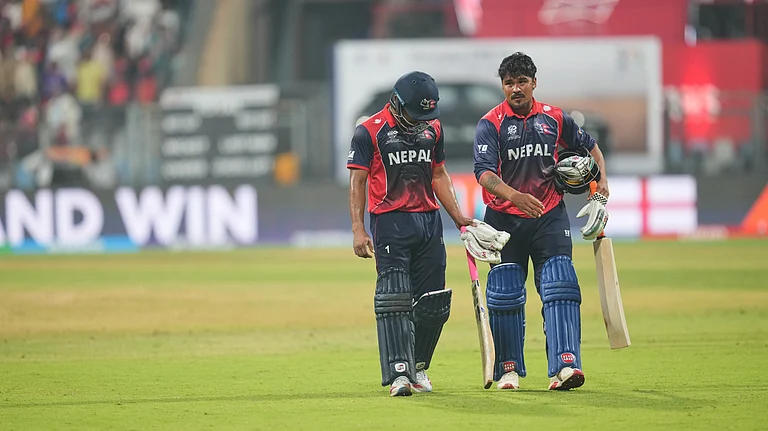WHEN his father died some years ago, Surendra Patel, a 45-year-old engineer from Old Bridge, New Jersey and a US resident for over 20 years, was at a loss. In a country where burial's more common than cremation, he found it near-impossible to perform the last rites the Indian way. Till he called on local community leaders who came forward to help him cremate his father.
It's a problem common among Indian Americans. Says Kiran Desai, an accountant and a community leader in Old Bridge: "Unlike Christians, it isn't in our culture to plan or make arrangements for one's death in advance; so when the tragic hour strikes, people don't know what to do." And often end up paying more than they need to.
Desai, who works to educate the community about the dos and don'ts when a death occurs in the family, says these problems arise because Indians don't know about crematoria and cremation procedures. But with cremation gaining popularity even in other communities-the Cremation Association of North America says the cremation rate in the US in '96 is about 21.13 per cent-there's no dearth of crematoria.
Typically, when someone dies in the US, the body's sent to a hospital where a death certificate is obtained. Once the body is released from hospital, it can't, by law, be taken home or sent directly to a crematorium. It is brought to a funeral home where it's kept for viewing and embalming.
And it's here people encounter the most difficulties. For example, says Desai, Indians need just a plain wooden casket to put the body in before it's put inside the incinerator. "But the funeral home director would try sell an expensive casket," says Desai. "At that hour, few are in a frame of mind to bargain and so get ripped off."
Also, as Hindu tradition demands cremation within 12 hours of death, there's no need to embalm the body but, says Desai, "it's something directors insist on". According to Chandrakant Trivedi, ex-president of the Federation of Indian Associations (fia), depending on the neighbourhood, the service charges-including fees for keeping the body in the funeral home, the price of a casket and cremation-varies from $2,000 to $4,500. But Lal Motwani, president of the New York chapter of the Sindhi Circle, which takes care of people in distress, says the charges can go up to even $7,000.
Given differing incomes, it isn't easy for all to foot the bill. So the fia has set up a project to negotiate with crematoria for a fixed-rate cremation. But with the cemetery and funeral industry in private hands and large chains buying up local cemeteries and funeral homes, it's easier said than done.
A recent Associated Press report said the onset of casket stores, Internet sales of coffins and keen competition is prompting regulators to consider expanding a 15-year-old rule governing funerals. "We've cemeteries telling people they have to buy a marker or vault to be buried. Such manipulation should be outlawed," the report quoted Lisa Carison, author of Caring for the Dead and executive director of the Funeral and Memorial Societies of America, as saying.
Desai says that though there are regulations governing funerals, for all practical purposes the industry isn't regulated. fia president Yash Pal Soi says their project will also explore the long-term possibility of Hindus cremating their dead in true Indian style: "Many people are said to be unhappy over the way bodies are cremated here."
Soi may be right, as requests for flying bodies to India for last rites are not rare still. S.K. Singh, an Indian consulate official, says they get two to three requests a week for clearance to fly either bodies or ashes home.
But an Air-India official says it takes 15 to 20 bodies a year from New York or Chicago which, at special cargo rate, costs $1,500 a body. "But there may be other carriers which also fly bodies," admits H. Rana, Air-India airport manager at jfk airport.
Not everyone, though, believes there's a problem, especially since several organisations have woken up to the problem. In fact, places like the Garden State Crematory, which has made a chapel for Hindus decorated with images of Hindu deities and where audio cassettes of hymns from the Bhagvad Gita are played during the cremation, have come up in the last few years offering special services for Hindus.
Says Guru Maa J. Saraswati, founder-president of Vedic Heritage Inc and chief of the Hanuman Temple, Long Island: "If you live in a country, you must obey its laws." She says people of Indian origin need to adjust to reality. Nor does she think people should crib about spending more money on things like caskets. "They should not grudge spending a little more on buying a better quality casket for the departed. After all, they're doing it for their loved ones," she says.
Be that as it may, cremating their dead is a problem Indian Americans have to live with as it refuses to die.

























